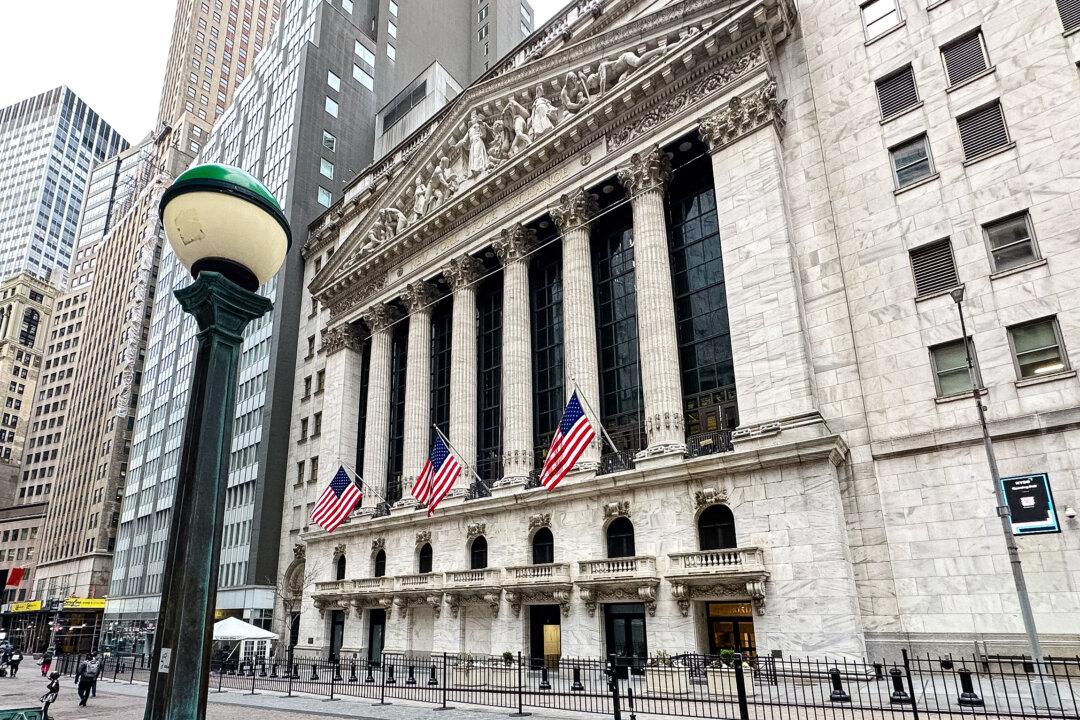A Wall Street proposal to create a new type of publicly traded company that would buy controlling rights to America’s public and private land could have allowed “world elites” to profit from the country’s natural resources, had it not been withdrawn three months later, according to Margaret Byfield, executive director of American Stewards of Liberty.
At the end of September 2023, the New York Stock Exchange (NYSE) filed a proposal to create and list Natural Asset Companies (NACs). These companies would pool investors’ money from around the world to buy the rights to land in the United States, with the goal of restricting its use to “sustainable” endeavors.






